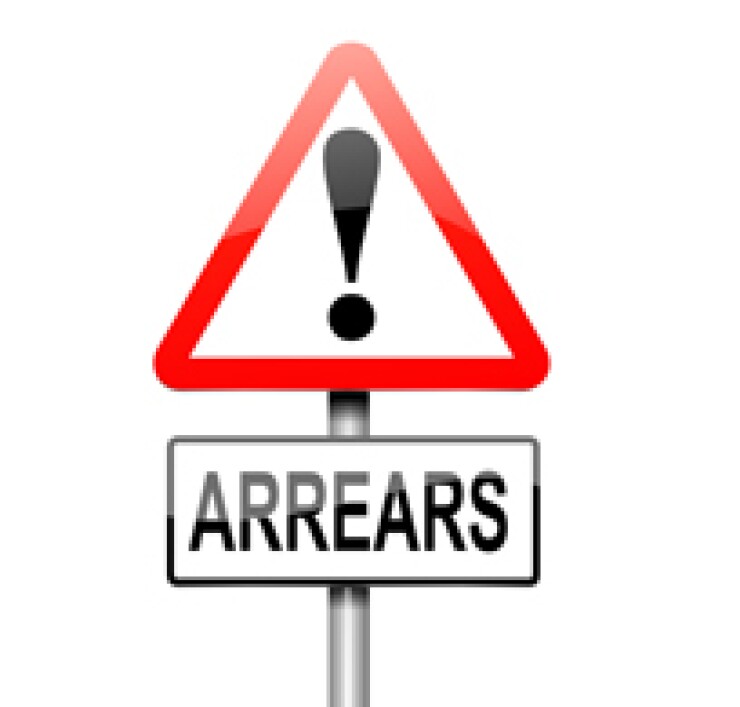
WE’RE HEARING about condominium liens for common charges. Just like your mortgage payment and real estate taxes, condo charges must be paid. If you pay you stay (in your home) was how the whole process was once described to me by a real estate attorney. Conversely if you don’t pay you will not get to stay. If condo common area charges go unpaid a lien will result. If the lien is overlooked bad things can happen.
Yesterday I received a call from a woman who was living in a condo her grandparents bought. The grandchild was living in the condo and paying rent to grandma and grandpa. It turns out that the grandparents had recently bought the condo on an online real estate auction. The woman said “they got a good deal.” Then the bad news hit.
What prompted the woman’s call to me was that she just got a letter from the condo association demanding payment of $6,800 for unpaid charges assessed against the condo unit. Apparently the letter went on to quote the rule I mentioned above, you pay you stay. As you may have guessed grandma and grandpa did not lawyer up when they bought the condo. They saved a few bucks but now it appears they may be out a lot of bucks.
Exactly how grandma and grandpa’s problem is going to end will depend on a lot of factors such as what the contract of sale they entered into provides for and also what coverage if any their title insurance policy will provide. This assumes of course they actually got title insurance. Other factors include when the condo lien arose and when and if it was recorded. Basically the situation sounds like a fine mess.
Also this week a New York attorney friend called to say he had a new client. A condominium board of managers that needed a lien for condo charges foreclosed. The problem was that there was a first and second mortgage ahead of the condo lien and the first mortgage was now in foreclosure. This illustrates the fact that homeowners have a priority when it comes to expenses.
Homeowners having financial difficulties or homes under water probably put condo charges low on the payment priority list. Lights, heat and food would come first. If someone is not going to pay the mortgage it is a sure bet that the condo charges will not be paid either. This also illustrates why a condo buyer should look closely at the condo financials and how many rentals or foreclosures there are in the condo project.
Once upon a time I can remember reading condo and co-op offering plans as an attorney for a New York law firm that represented Citicorp. Imagine a lender paying attorneys to see what they might be getting into if they made mortgage loans on a condo or co-op project. This was pretty dull reading and back then coffee was not even all that popular. Occasionally I would come across a plan with provisions in it that would lead the bank to run away from the project. Don’t buy or lend on a problem is another rule to follow.
Based in Chelsea, Mich., John McDermott is a real estate and elder care attorney who represents both consumers and businesses. He can be emailed at





